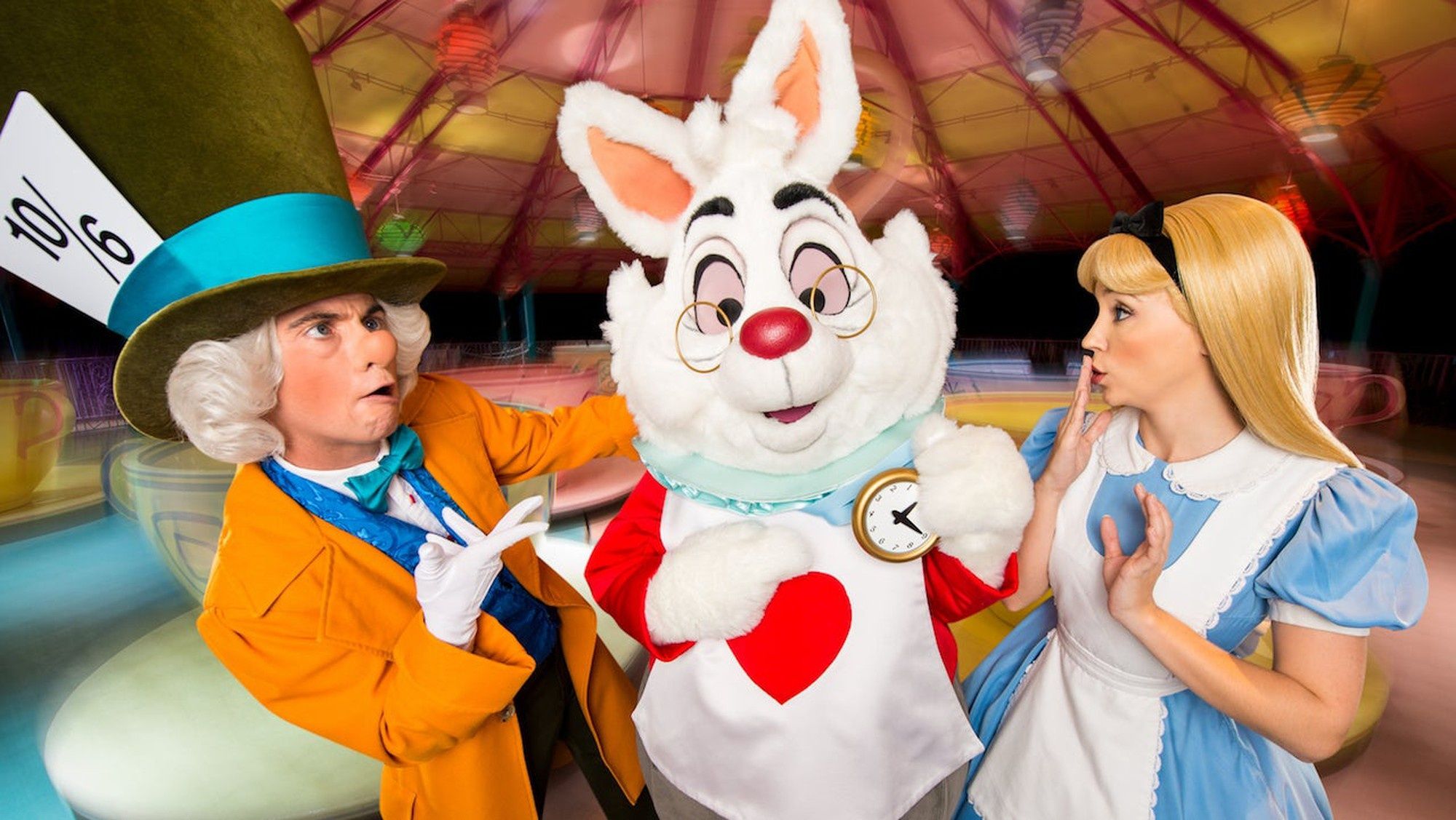In this segment of the Market Foolery podcast, host Mac Greer, Total Income's Ron Gross, and Million Dollar Portfolio's Jason Moser explain the underlying reasons why Fools, as a rule, don't give growth that comes from mergers and acquisitions (M&A) the same weight as gains made by improving your existing business. But more to the point, they discuss what they think makes Disney's (DIS +2.57%) massive 21st Century Fox (FOX +0.00%) (FOXA +0.00%) acquisition a potential exception to that rule.
A full transcript follows the video.
This video was recorded on Dec. 19, 2017.
Mac Greer: We have a great email from a listener. The listener writes, "The panelists on Motley Fool Money were generally very happy about the news of Disney buying assets from Fox. On the other hand, I've heard several experts on your show talk about how they disapprove of inorganic growth, M&A in particular. I'm having a bit of difficulty in reconciling these two points of view. Can you shed some light? Thanks. Happy holidays, Brajcich." Happy holidays right back at you!
Ron Gross: Yeah, absolutely. That's a great question. Let's define organic or inorganic growth for a second. Organic growth is when a company is able to grow just based on the assets they possess. It has an ongoing business, and it's doing well enough that it grows each year. When you have to go out and buy growth through an acquisition, that's where it gets dicey, because most acquisitions, I think it's fair to say, destroy value, don't add value. So when it came to Disney, I think on the whole, we thought this was a great idea. But he does have a point, because Disney was struggling there a little bit, so they bought their way out of it to a certain extent by getting in certain great assets like the sports and other content. So I think the question is fair, and we have to keep an eye on this particular deal to make sure it adds value and doesn't destroy it. Which, on the whole, I think it will. But it's certainly not a gimme, and we have to watch it.
Greer: But you have Pixar, you have Marvel, and you have Lucasfilm. That turned out OK.
Gross: Yeah, those are amazing and [laughs] for sure OK. But as we said, when businesses are struggling and they try to buy their way out of that struggle, very often, more so than not, it's a mistake that destroys value for shareholders. And you need the right CEO in there, the right capital allocator, to make those tough decisions. I think Iger is probably that guy, which again, I think it's one of the reasons that we like this deal. But keep an eye out, because it's an expensive deal, a lot of money changing hands, a lot of moving parts, integration is key to success when it comes to an acquisition of this size. And, as the email says, trying to buy growth can be fraught with trouble.
Jason Moser: Yeah, I think you hit the nail on the head there. When you look at Disney's growth rates over the last five years annualized, the top-line revenue number grew at about 5.5% annually over the last five years. Not terribly impressive, but they were able to really bring a lot of that down to the bottom line. Earnings growth was close to 13% annualized. For me, yeah.
You mentioned Pixar and Marvel and Lucasfilm. Part of it is looking at the track record. We have the benefit of hindsight, looking at Bob Iger's track record, and saying, yes, there are risks that come with consolidation and acquisition, but we also know that he's done a pretty good job with it so far. And he has three really good examples that he can shine a light on and say, "Look, we made this work." So we have to at least give him the benefit of the doubt there. It's also not a company that solely grows via M&A.
I'll use another example of a business that, to date, has done really well, and I think it's because the gentleman behind it has been very good at the M&A that this business has participated in, and that's Middleby. Middleby has been in the commercial oven business. That's not the biggest market opportunity in the world. Selim Bassoul, I think, recognizes that part of the avenue for growth for them was going to be making a lot of little acquisitions of regional distributors and bringing them into their family. And as it stands, he's done a tremendous job. But that's a business where I think, looking forward, you have to start being a little bit concerned about, maybe, have they done about all they can really do? I don't know. But more acquisitions, the numbers are going to work against you at some point. So it's something to keep in mind, for sure.
Gross: I'll just add that, when looking at this, is it a good deal or a bad deal, a good decision or not, it's, why was the acquisition done? Are you in a fragmented industry where it makes sense to consolidate some of that and bring things in house, as they did at Middleby, let's say, with the acquisition of Viking, for example? Or is the company struggling and going to try to acquire their way out of the problem by completely pivoting in a different direction, a new business, or something they don't have competence in? And they're just trying to throw money at a problem? That's where it gets a little more dicey.






